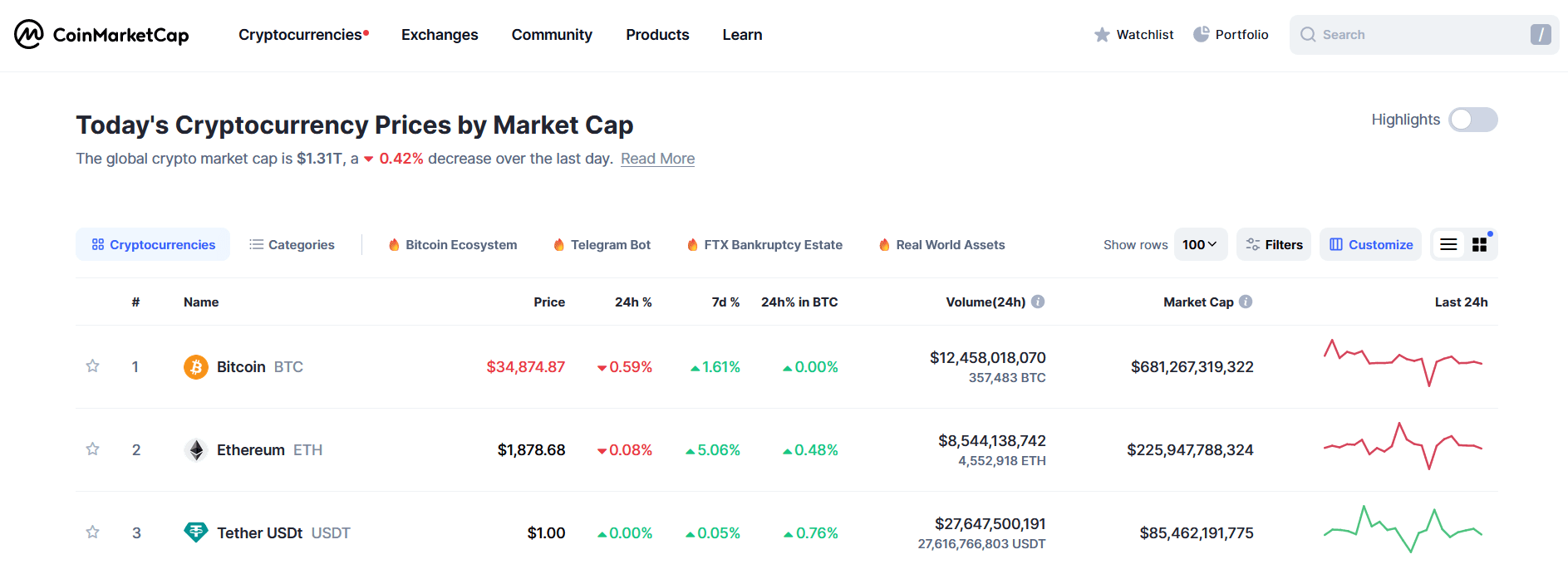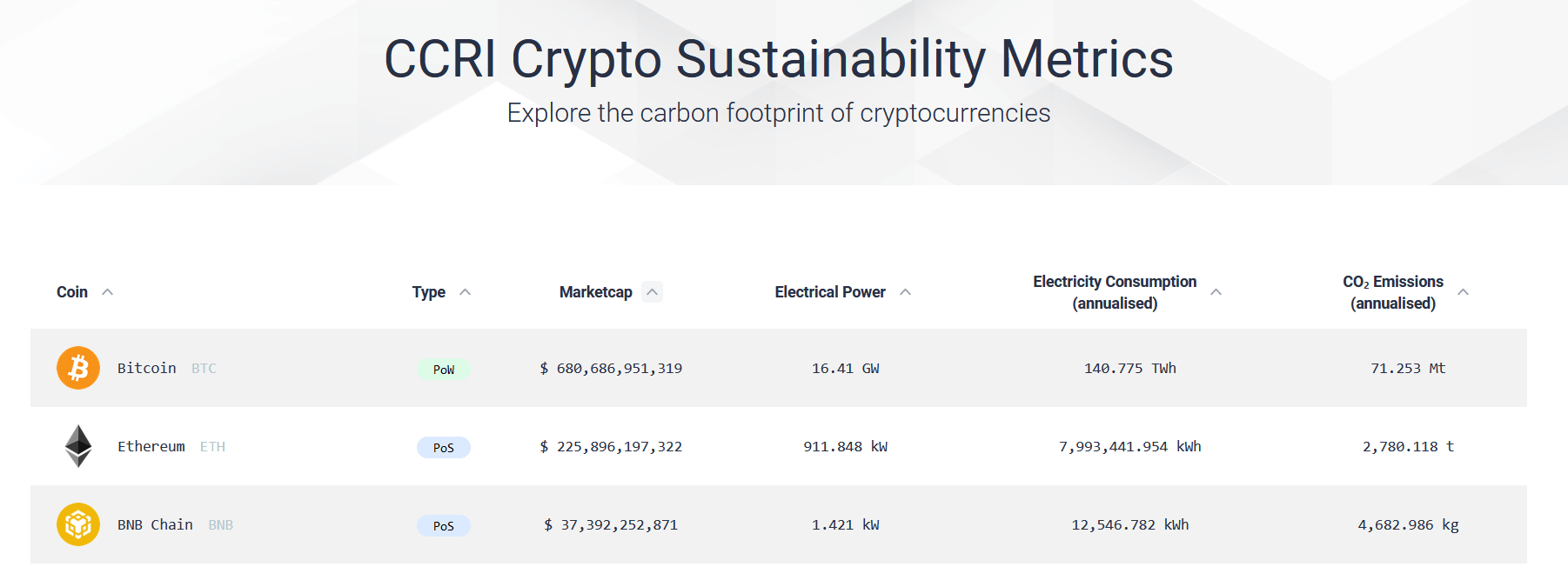For a piece of content about Ethereum, this article is quite utilitarian. Absolute beginners can learn about investing in Ethereum, and what it offers to the world. Seasoned investors who rode the crypto market waves could benefit from reading this, too.
This article is about Ethereum and why it’s (still) a good idea to invest in Ethereum, despite knowing that there are so-called “Ethereum killers” out there. These are the third or fourth generation networks like Solana, Cardano, Avalanche, Aptos, Polygon, that many were sure would topple the second-biggest crypto in the market.
But in case you’re new to Ethereum, let’s do a quick intro.
So, what is Ethereum?
Ethereum is a blockchain network. Like Bitcoin, it is decentralized, which means no government nor a single private sector has 100% ownership of the network. Like Bitcoin, Ethereum can be used to make payments by peer-to-peer transactions, without being intermediated by a trusted third party (like how a bank works).
Unlike Bitcoin, Ethereum can do so much more than for making payments. Ethereum developers can create programs to handle transactions (and payments) autonomously. These programs, once deployed, stay on Ethereum forever. They can be executed by anyone, anywhere and any time.
For example, an online travel agent can deploy a program that automatically mints an e-ticket on Ethereum, after a customer has paid for what they were purchasing. In this case, no bank stands in between the customer and the travel agent, making the transaction instantaneous, real-time, and will experience no delay due to bank office hours or holidays. No settlement buffers, more power to both parties.
Ethereum programs are better known as smart contracts. But don’t let the fancy jargon fool you — they are simply programs, and not nearly as complicated as artificial intelligence.
Ethereum investment vs Bitcoin investment
Bitcoin currently stands as the world’s most popular crypto, and the biggest by market cap. Market cap simply tells you how much the network is valued. It’s calculated by multiplying the price of each coin by the number of crypto tokens in existence. Ethereum sits one step under Bitcoin in terms of market cap. But what’s so important about the market cap?

The market cap is almost inversely correlated with how volatile the price of crypto is in the market. The bigger the market cap, the more people there are in the market for that token, and therefore the less likely it is for that token to have large price changes.
In November 2023, Ethereum was 30% lower in market cap compared to Bitcoin, and during the past 7 days prior to this article being written, Bitcoin only moved 1.66% while Ethereum had moved 5.21%. But do keep in mind that the price movement and the market cap size, while correlated in some way, is not perfectly correlated at a consistent ratio.
What makes Ethereum investors flock in?
Another extra point given to Ethereum is that it is cleaner than Bitcoin. According to the Crypto Carbon Ratings Institute, the entire Ethereum network consumes almost 8 million kWh/year, which is comparable to a large-scale data center. Bitcoin consumes 17 million times more energy than that, yet still falls short on performance, in terms of transaction speed and confirmation time.

Because of this, institutional investors with large amounts of capital are attracted to Ethereum. You might be aware that many of them had to comply with Environmental, Social, and Governance standards for investing. Ethereum falls under the radar of these investors. Although it is a decentralized entity, like Amazon and Google, it offers software and scalable web infrastructure for billions to use in the near future.
What about the “Ethereum killers”?
Competing networks like Solana, Cardano, and Avalanche are dubbed “Ethereum killers” as they are newer blockchain networks that can offer what Ethereum does, but are more performant and more economical alternatives.
While these networks are definitely the next level in terms of performance, they are not “the ultimate” networks that could replace Ethereum for good. In fact, newer blockchain networks like Sui and Aptos with similar (slightly better) offerings, had been live starting 2023. Ethereum is also actively in the works for bringing the cost of transactions down to less than a cent with transaction waiting times down to the milliseconds.
The only reason why many people are so fixated on the new blockchains is because they’re looking at the current version of Ethereum compared with other networks. However, Ethereum is an Internet technology, and Ethereum developers could simply adopt existing technologies to effortlessly get up to speed with its rivals.
But why hasn’t Ethereum upgraded further?
Unlike the new shiny blockchains that were out in 2023, lots of stakeholders are involved with changing Ethereum. While performance is definitely important, Ethereum has one thing that the new blockchains do not have — age.
In the blockchain world, the older the network, the more secure it is. Bitcoin, being the first blockchain network, is also the most secure one. This has to do with the way the data blocks are added and encrypted over hundreds of thousands of cycles throughout its entire lifetime.
Community is also a huge asset that Ethereum must be able to maintain. Community is what allows Ethereum to become adoptable. Without it, there would be little interest in building Ethereum apps and writing programs onto it. So, to respect the opinions of Ethereum’s community, the chief maintainers of Ethereum must make some very democratic and utilitarian decisions, which is why it can take a long time for new features to be added.
The takeaways
Ethereum has a lot of room to grow. It has already established its value against Bitcoin as a more versatile network where “money can be programmed”. In terms of ecological footprint, Ethereum takes no more energy than a large data center, and has a much smaller impact than big infrastructure companies we know today.
Although newer blockchains have entered the market, promising a more performant alternative to Ethereum, they still cannot compete with the sheer size of Ethereum’s communities. In a world where community matters for the overall health, stability, and future resilience, Ethereum stands to gain dominance.
Investing in Ethereum is still a good idea, and it’s imaginable to see a future where Ethereum is an “Everything Else Killer”.




